Kidney disease affects nearly 37 million adults in the United States, according to the National Kidney Foundation. Even more concerning is that many people don’t realize their kidneys are under stress until symptoms become severe. These vital organs quietly filter waste, regulate blood pressure, and balance fluids. When they begin to fail, options often feel limited—medication, dialysis, or surgery. Understandably, many people search for natural ways to support kidney function alongside medical care.
In traditional practices across Asia, Africa, and Latin America, plants like guava leaves and spices like cinnamon have been used to aid digestion, fight infections, and promote overall wellness. Modern studies are beginning to explore how their bioactive compounds may benefit different systems of the body, including the kidneys. While they are not a cure and should never replace medical treatment, incorporating them into a healthy lifestyle may provide supportive benefits for those concerned about kidney health.
This article takes a deep dive into what science and tradition say about guava leaves and cinnamon, how they may complement kidney care, and practical ways you can use them safely.
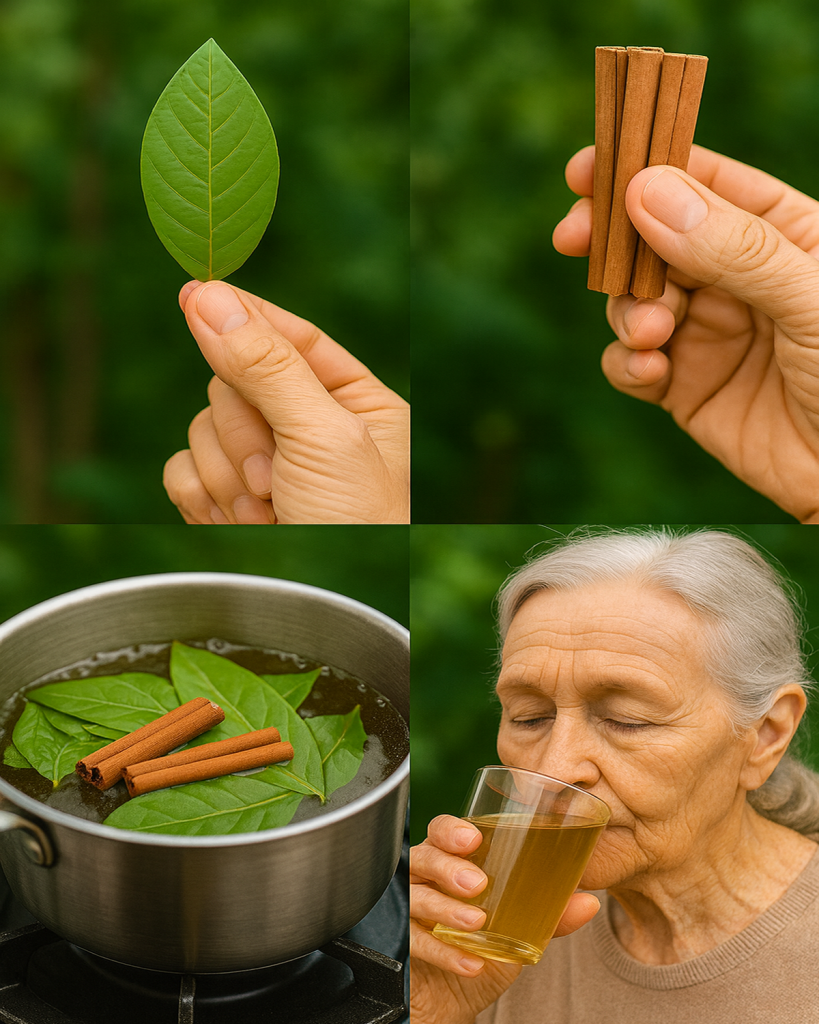
Why Protecting Your Kidneys Matters
Kidneys are small but powerful organs, each about the size of a fist, filtering around 50 gallons of blood every single day. When they aren’t functioning properly, waste products can build up, blood pressure can rise, and the risk of serious illness increases. Early warning signs such as swelling in the ankles, fatigue, or changes in urination should not be ignored.
Many people look to natural remedies not as replacements for treatment but as supportive tools. Herbal teas, spices, and dietary choices can provide antioxidants, anti-inflammatory compounds, and hydration—all factors that may benefit kidney wellness.
Guava Leaves: Traditional Medicine Backed by Modern Interest
Guava leaves are less famous than the fruit, yet in traditional medicine they have been treasured for centuries.
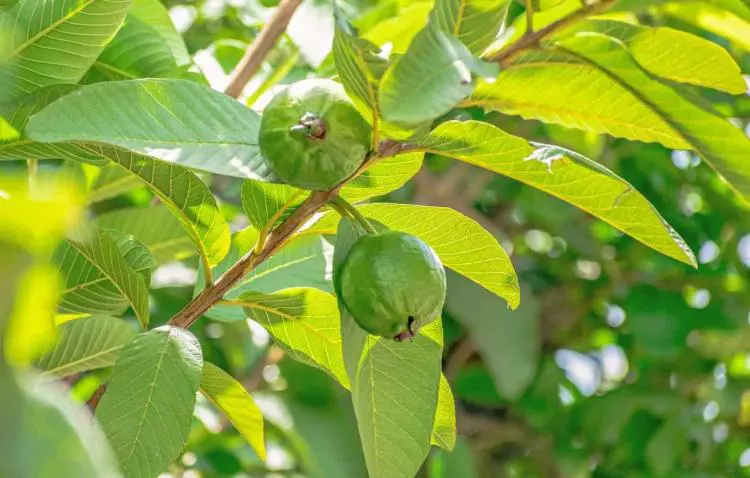
Key Properties of Guava Leaves
- Antimicrobial compounds: Help fight bacteria and may support the urinary system.
- Anti-inflammatory effects: Reduce oxidative stress, which can affect kidney tissues.
- Rich in antioxidants: Flavonoids and tannins may protect cells from free radical damage.
- Digestive aid: Traditionally used to ease stomach upsets, indirectly reducing strain on kidneys.
Everyday Uses
- Brew guava leaf tea by boiling fresh or dried leaves in water for 10–15 minutes.
- Drink in moderation—1 to 2 cups daily—as part of a balanced routine.
- Apply as a warm infusion for skin cleansing, another traditional use.
Cinnamon: More Than Just a Spice
Cinnamon has been used in both culinary and medicinal traditions for thousands of years. Its compounds, such as cinnamaldehyde, provide not only flavor but also potential health-promoting properties.
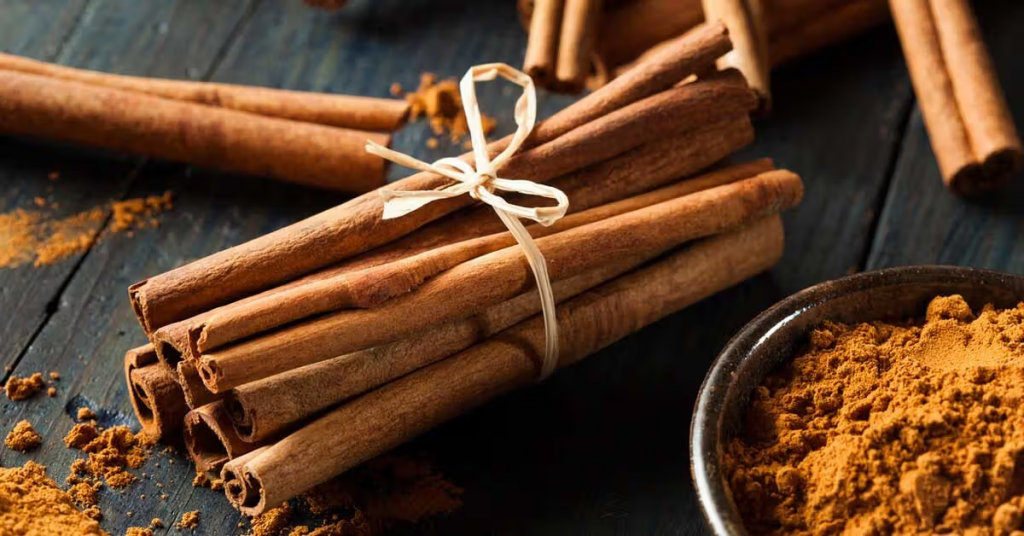
Key Properties of Cinnamon
- Blood sugar regulation: Studies suggest cinnamon may help maintain stable glucose levels, indirectly easing pressure on kidneys.
- Anti-inflammatory support: Compounds help reduce inflammation, an important factor in kidney health.
- Circulatory benefits: May improve blood flow, supporting organs dependent on healthy circulation.
- Antimicrobial action: Used historically to help prevent bacterial growth in food and the body.
Everyday Uses
- Sprinkle a small amount on oatmeal, smoothies, or herbal teas.
- Pair with guava leaf tea for a soothing, warming beverage.
- Avoid excessive use, especially cassia cinnamon, which contains coumarin that can be harmful in large doses.
Combining Guava Leaves and Cinnamon: A Natural Wellness Tea
When used together, guava leaves and cinnamon create a refreshing, aromatic tea that may support the body in several ways.
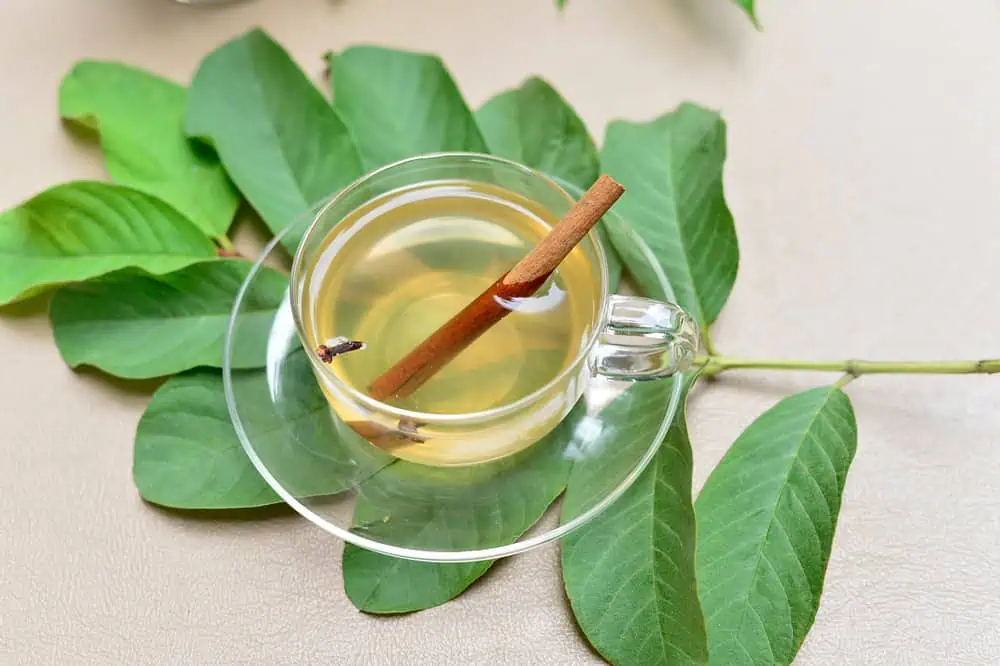
Simple Recipe:
- 5–6 fresh guava leaves (or 1 tablespoon dried)
- ½ teaspoon ground cinnamon or 1 stick cinnamon
- 2 cups filtered water
Directions:
- Boil the water and add guava leaves and cinnamon.
- Simmer for 10 minutes, then strain.
- Drink warm, once or twice daily.
This tea may provide antioxidants, promote hydration, and support digestive and metabolic health—all factors connected to kidney wellness.
Lifestyle Matters: More Than One Remedy
While guava leaves and cinnamon can be valuable additions, kidney health depends on overall lifestyle. Consider these evidence-based habits:
- Stay hydrated with clean water throughout the day.
- Limit processed foods high in sodium, which burden the kidneys.
- Eat fresh fruits and vegetables rich in potassium and antioxidants, unless restricted by your doctor.
- Maintain regular physical activity to support circulation and blood pressure.
- Avoid excessive use of alcohol or tobacco, both of which harm kidney function.
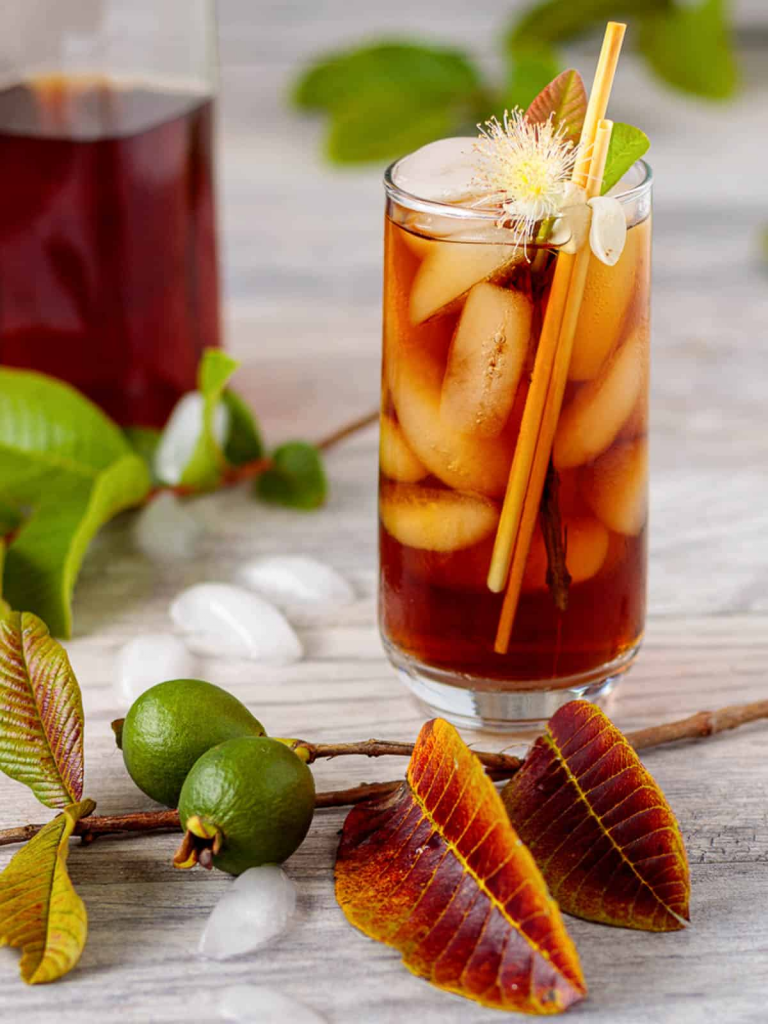
Quick Reference Table
| Natural Aid | Key Benefit | Best Way to Use |
|---|---|---|
| Guava leaves | Antioxidant and antimicrobial | Brewed as tea, 1–2 cups daily |
| Cinnamon | Blood sugar & circulation | Add to tea, smoothies, or oatmeal |
| Hydration | Flushes waste, supports kidneys | Drink 6–8 glasses of water daily |
| Low-sodium diet | Reduces kidney strain | Choose fresh foods, avoid processed salt |
| Active lifestyle | Improves circulation & BP | Walk, stretch, or light exercise daily |
Real-World Example
In rural communities in the Philippines, guava leaf tea is still a household remedy for stomach upset and infections. In India, cinnamon has been widely used to support digestion and blood sugar balance. While these traditions are centuries old, they reflect how natural remedies can be woven into daily life as preventive, supportive care rather than a last resort.
Conclusion
Kidney health is too important to take lightly. While medical treatments remain essential for serious conditions, natural aids like guava leaves and cinnamon may provide supportive benefits. They offer antioxidants, anti-inflammatory compounds, and circulatory support that can complement a kidney-friendly lifestyle. Drinking guava leaf and cinnamon tea is not a miracle cure, but it can be a gentle, nourishing addition to your wellness routine.
Disclaimer: This article is for educational purposes only and is not a substitute for professional medical advice, diagnosis, or treatment. Always consult a qualified healthcare provider if you have kidney disease or other serious health concerns.




